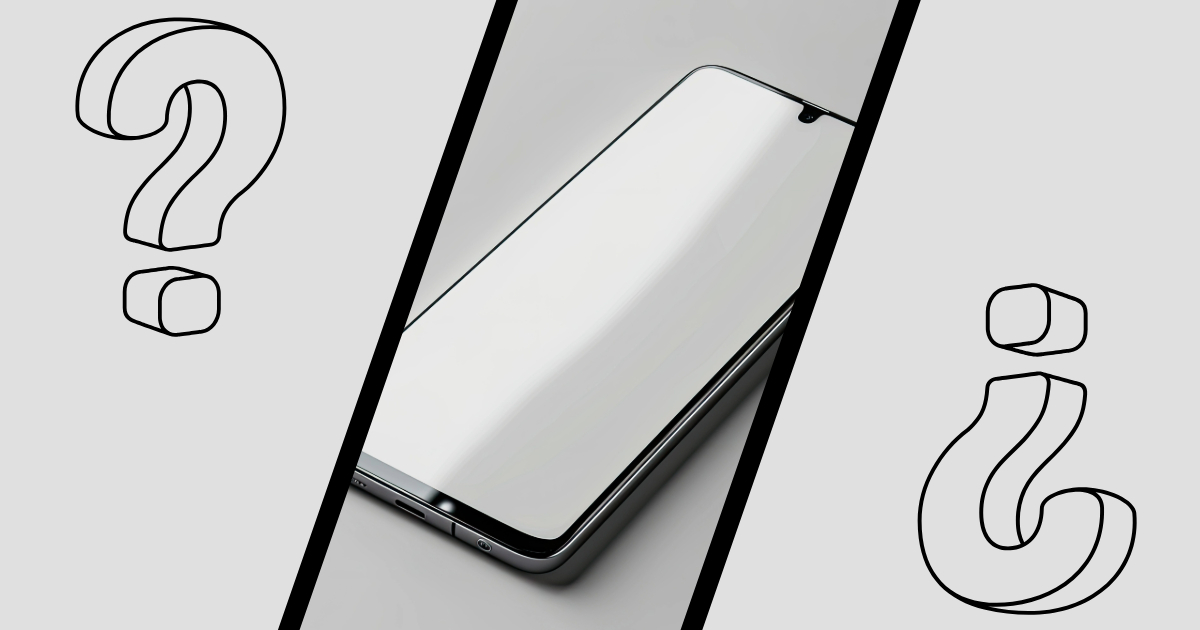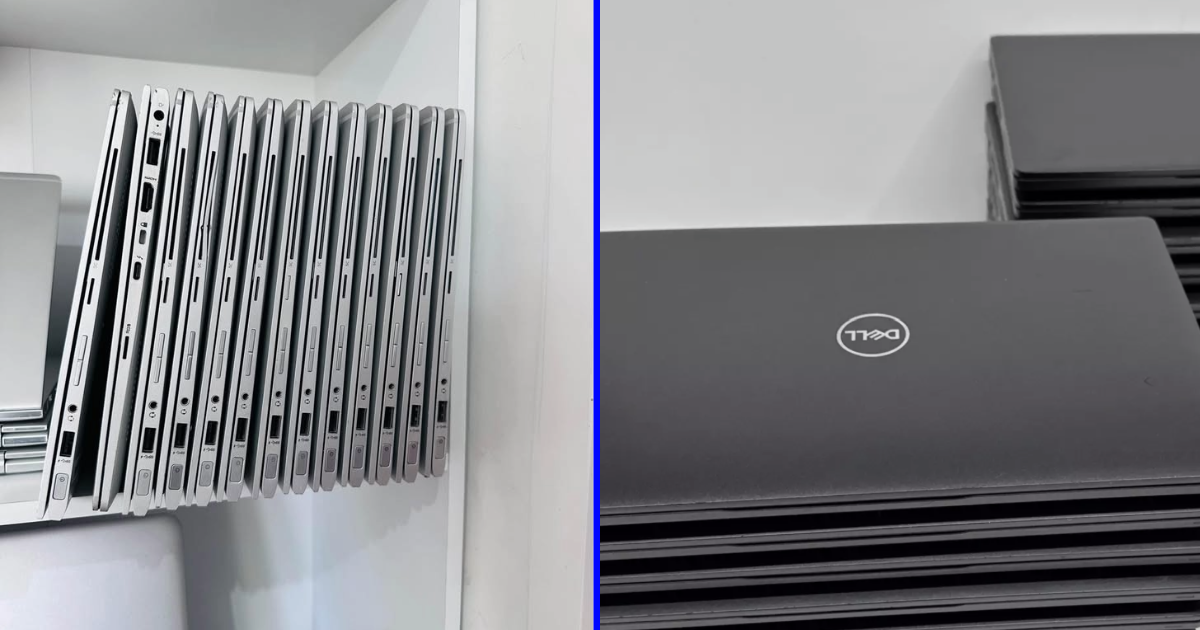The world stands at the dawn of the latest mobile technology revolution: the 5G. This change offers a significant upgrade in speed and data capacity. At the same time, it puts forward a decrease in latency compared to its predecessors.
For key players who belong in the ever-evolving industry that sells cell-phones, laptops, and other mobile gadgets, major mobile providers and wireless carriers couldn’t be happier about the new advancement and are now preparing for the full rollout of the 5G. Wireless network and telecommunications companies like AT&T, T-Mobile, Sprint, Verizon, and Charter have already shown plans on adapting to 5G to further the capabilities of their services.
It is also key to note that Intel and NTT Docomo—the Japanese telecom operator—are partnering up for the upcoming 2020 Olympics to maximize 5G technology, from video capture to even virtual reality technology. It is undeniable that the world’s telecom giants are already setting the foundation to create a better experience for their customers as well as for the general public.
As this new wireless revolution rolls out, here are the things you must know about 5G.
5G (or fifth generation) is the latest wireless revolution about to happen to the world. It is a total game changer in the mobile technology industry. 5G aims to provide faster speeds and better responsiveness to wireless networks. Read: Internet connections will be quicker, links among network systems will be more rapid, and the age of information technology may be headed toward even greater heights.
5G Offers Faster Speeds
One of the main reasons why there is a demand for 5G is the rising need for higher bandwidth. Bandwidth is the rate of data transfer, whether uploaded or downloaded, using a network in a particular time span. It is expected that 5G, at a minimum, can provide 100 Mb/s, which is far more superior than 4G’s average download speed of 10 Mb/s.
5G Has Lower Latency
Latency refers to the delay that a system component experiences when performing a specific action. With 5G, it is expected that this part of the process will be expedited in more ways than one. 5G data transmission is said to reach as high as 20 Gbps and have a latency of 1ms or lower. These numbers only come down to one thing: real-time feedback.
From the user’s viewpoint, latency is currently mostly felt when responses lag. This significant change will benefit various sectors of the industry. Case in point: the gaming segment. For both casual and competitive video gamers, low latency is highly critical to have an optimized gaming experience. A player’s performance is directly affected when there is a delay in receiving the information from the game. 5G is expected to answer this concern and turn it into a thing of the past.
5G Has Greater Connectivity Capabilities.
With higher speed, higher bandwidth, and lower latency, the complexion of the tech industry and the world outside of it evolves and becomes interesting. 5G networks will allow you to connect more devices to the Internet simultaneously without any bandwidth problems. Currently, service providers provide limited bandwidth for consumers’ Internet connection. Additionally, as the tech hardware advances—and this includes mobile phones, personal computers, and more—it is evident that more and more users are seeing the merit of having 5G connection.
So far, there are no concrete reports on when the full implementation of 5G will happen. But the future is looking quite bright with this game-changing tech on the horizon.






